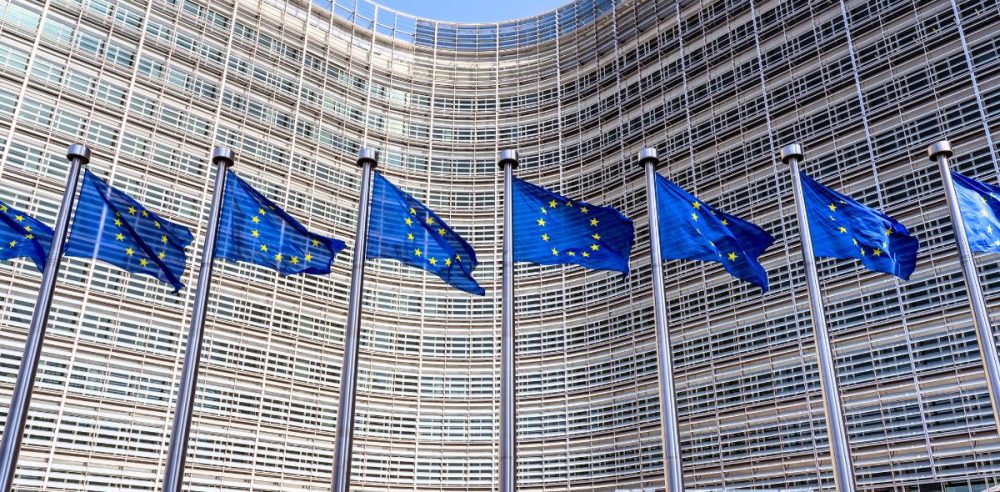Automakers Tesla and BMW have launched a major lawsuit against the European Commission over tariffs imposed on electric vehicles imported from China.
Tesla and BMW, both of which produce EVs in China, have taken their grievances to the European Union’s Court of Justice. The legal battle comes after the European Commission’s decision to enact a wide range of tariffs on Chinese-made electric cars, allegedly aimed at curbing competition from Chinese manufacturers.
Tesla’s China-made EVs are subject to a 7.8% tariff from the EU, while BMWs face a much higher levy of 20.7%. Some Chinese-manufactured EVs have been hit with tariffs as high as 45%, The Wall Street Journal reported.
Other major Chinese automakers, including Geely, SAIC, and BYD, have also been vocal about their stance against the tariffs, which they argue have negatively impacted the free market. Furthermore, the new tariffs are stacked on top of the EU’s standard 10% duty on all imported cars, adding to the pressure on certain international carmakers.
In a statement to the WSJ, a BMW spokesperson focused on how the duties were not improving the competition between carmakers but were, instead, harming the business models of many international companies in the market.
“On the contrary, the countervailing duties harm the business model of globally active companies, they limit the supply of e-cars to European customers and can therefore even slow down decarbonization in the transport sector,” said the BMW representative.
In response to the tariffs, some Chinese automakers are pivoting toward hybrid vehicles, which are not subject to the same duties under EU regulations.
The EU’s recent decision to impose the tariffs was apparently driven by fears that Chinese manufacturers were able to undercut European prices due to state subsidies, according to Euronews. Some reports indicate that these subsidies cover several aspects of production, such as lower-interest loans and support from state-owned suppliers like steelmakers. This help has, in turn, enabled many Chinese companies to sell electric vehicles at significantly lower prices compared to their European competitors.
Last fall, Volkswagen announced major cutbacks in production due to shrinking market share.
“Fewer cars are being sold in Europe. At the same time, new competitors from Asia are forcefully pushing into the market,” said Volkswagen CEO Oliver Blume, according to Reuters.
The outcome of the lawsuits filed by Tesla and BMW could set a major precedent that could shape the EU’s ability to impose tariffs on a wider variety of Chinese or foreign products.


